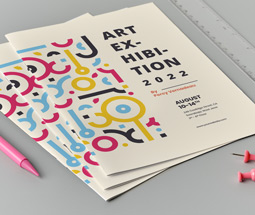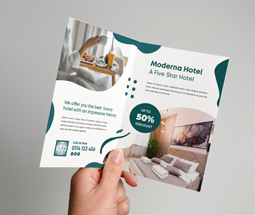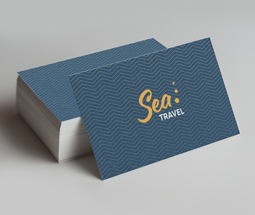Updated: 15th May 2023
If you’re planning on setting up a tourism business, you’ll definitely want to start with an airtight business plan. Here's everything you need to know about creating a business plan to start a travel company.
What is a Business Plan?
Your business plan is a document that sets out your business objectives and how you are going to achieve them.
When starting a travel or tour company, goals could include reaching new markets in different countries, making the booking experience easier or other gaps in the market. Crucially, you'll need to think about why you're starting this business.
Why is a Business Plan Important for Setting Up a Tourism Business?
Business plans are important for every kind of business. A successful business needs goals and to know the ways of reaching these goals. Without this important tool, it would be difficult to grow your business.
To succeed in the travel and tourism industry, you'll be providing customer service that could make or break someone's trip. From travel agencies to sightseeing tours, having a plan in place is necessary to succeed in this field.

How to Write a Business Plan for a Tourism Company
Here's what we recommend including in your tourism business plan.
-
Executive Summary
Every business plan to start a travel company should begin with an executive summary. This briefly outlines your business, its place in the industry and what makes it unique. You should also list your goals over the next three to five years, e.g., sales targets, % sales from the internet and any partnerships you wish to make.
Next, you need to identify what you're going to do to focus on these goals. This might mean positioning yourselves as specialists in your area of tourism,
developing customer loyalty and outlining how you are going to communicate to both new and existing customers.
You will also need to include your key competitors and your target customers.
-
Company Summary
For this section, you will need to include details about funding your start-up, including any initial:- Expenses.
- Assets.
- Investments.
- Loans.
-
Services
What services will your company offer and to whom? Is it individual and group travel to corporate clients? Will you be a tour operator offering leisure excursions for families? Explain how you are going to provide these services, with more thorough descriptions of specific services, their prices and what competitors offer. -
Market Analysis Summary
The next section of your travel and tourism business plan involves outlining your market research.
Here you need to identify:- Market segmentation - the groups of people you want to target.
- Key market trends in the tourism sector.
- Market needs based on current statistics in the tourism industry.
- How your competitors are positioned in the market.
- Where you have found a business opportunity in the market.
-
Strategy
This is a more in-depth description of how you're going to achieve your business goals. This will include your marketing and sales strategy.
In this section, think about your branding - how you want to think and feel about your business. Then describe the strategy you're going to implement to promote your new brand.
This could include advertising in travel magazines, flyers, leaflets, creating an online presence and any print marketing you plan on doing.
One way of beginning your business strategy is to complete a SWOT analysis. This template lets you plan out your strengths, weaknesses, opportunities in the market and any potential threats to your business. -
Management Summary
For this section, you will need to focus on the people in your business – you and your employees. What's the organisational structure of your business? Will you need to hire tour operators? Customer service? Safari jeep drivers?
Your personnel plan will include members of staff and projected wages over the next three or so years. This will help you figure out the total payroll cost to the business.
You will also need to include details surrounding training for your employees. Certain training will be necessary for the hospitality and tourism industry, including customer service training and first aid.
-
Financial Forecast
This section is proof that your business is financially viable. To show that everything you just said about your business is possible. For this, you'll need three statements to work out monthly projections for the first year - sales, cash flow and profit & loss.
If numbers are strong, lots of banks in the UK have start-up advisors who can help you set up your sales forecast for free.
-
Funding and Costs
You've already identified your costs for starting a travel company, but now you'll need to consider how you'll fund your business on a day-to-day level. Using your financial forecast, work out how much initial funding you'll need to set your business going.
Important questions to ask for this point include:- When will I start to see a profit?
- If I get any investment, when can investors expect a return?
- How much profit will you see over time?
- What kind of income can I expect from my business?
- How can I reduce the risk of failure?
Setting up a tourism business is no mean feat; we hope these tips give you a strong foundation for your new travel and tourism business. There are also plenty of free templates to suit all kinds of travel, tourism and hospitality companies that are easy to fill in with the help of this blog. Ready to start creating your business plan? Start here with how to determine your business model.
If you need any additional advice, our friendly team are on hand to help with every step of the way. Simply contact us here and we’ll do the rest.









